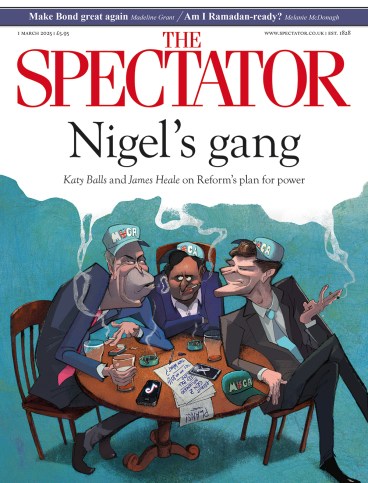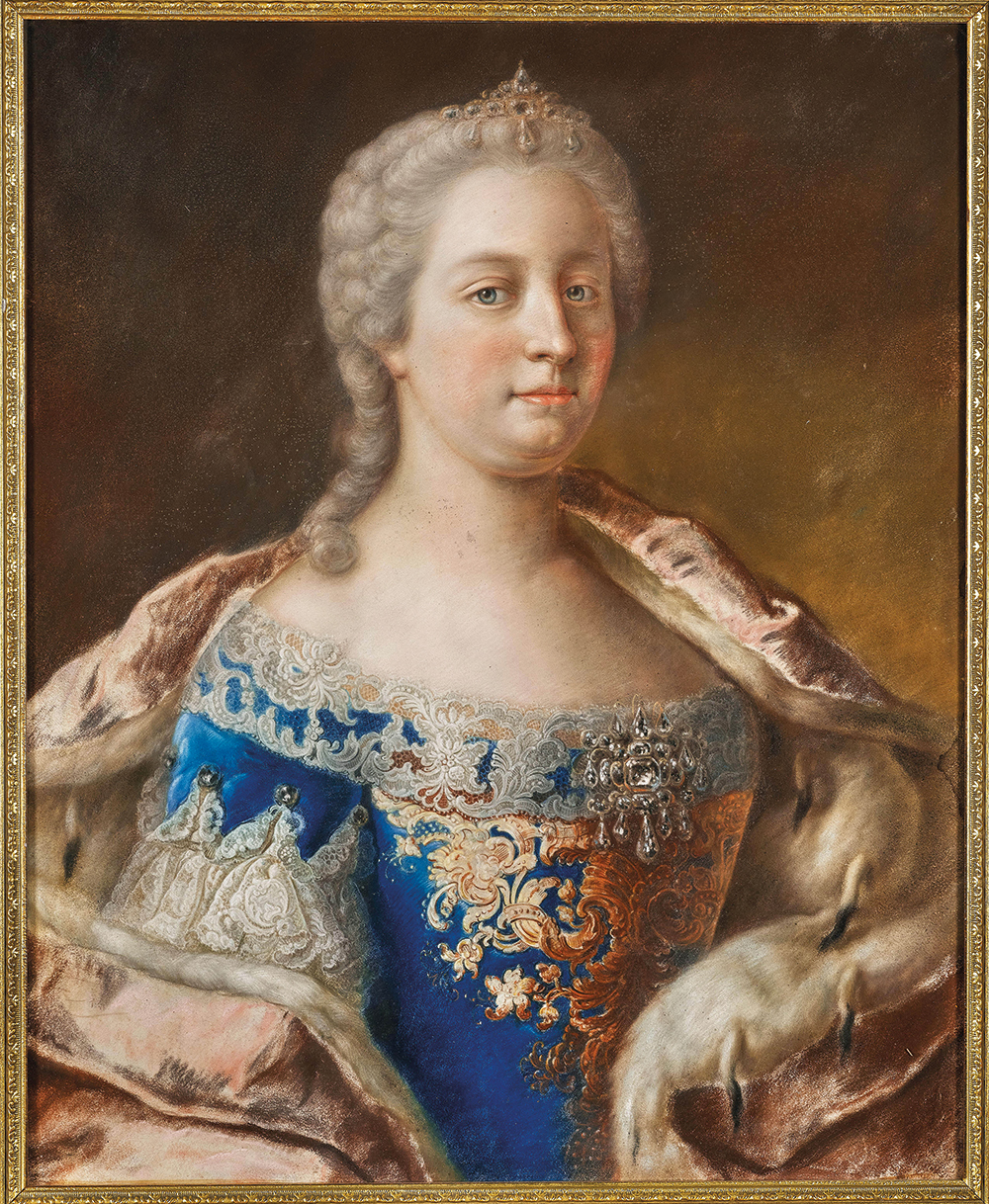
The role of personality and charm in running a state is one theme of Richard Bassett’s superb book, the first English biography of the Empress Maria Theresa since Edward Crankshaw’s in 1969. The different parts of the Habsburg monarchy – Austria, Tyrol, Bohemia, Hungary, Croatia and Milan – had little in common except dynasty, geography and Catholicism. Yet, partly owing to Maria Theresa’s force of character, this complex tapestry of nationalities remained a great power
After she came to the throne in 1740, she felt ‘forsaken by the whole world’. Encouraged by France, Austria’s neighbours Prussia, Saxony and Bavaria invaded the monarchy in order to divide it between them. By the time of Maria Theresa’s death in 1780, the Habsburg monarchy had become, in the words of A.J.P. Taylor, ‘the toughest institution in the history of central Europe’.
At that time, a state was compared to a machine which needed the systematic coordination of all its parts in order to function; but the sovereign’s personality remained as important as the machinery of state. ‘Those who are summoned to her councils will find the decisions rest with her, not with them,’ prophesied a Venetian ambassador before Maria Theresa’s accession. Bassett shows that the empress used her blonde hair, fine complexion and conquering eyes, as well as her dynastic prestige, to win hearts and minds.
Breaking through barriers of etiquette, on 11 September 1741 she made a celebrated appeal to the Hungarian nobles to save ‘our own person, our children and our crown’. Speaking in Latin, she called on their fidelity and ‘immemorial courage’. The Hungarians drew their swords, cried ‘eljen!’ (‘hurrah!’) repeatedly and offered 60,000 troops.

Magazine articles are subscriber-only. Keep reading for just £1 a month
SUBSCRIBE TODAY- Free delivery of the magazine
- Unlimited website and app access
- Subscriber-only newsletters








Comments
Join the debate for just $5 for 3 months
Be part of the conversation with other Spectator readers by getting your first three months for $5.
UNLOCK ACCESS Just $5 for 3 monthsAlready a subscriber? Log in